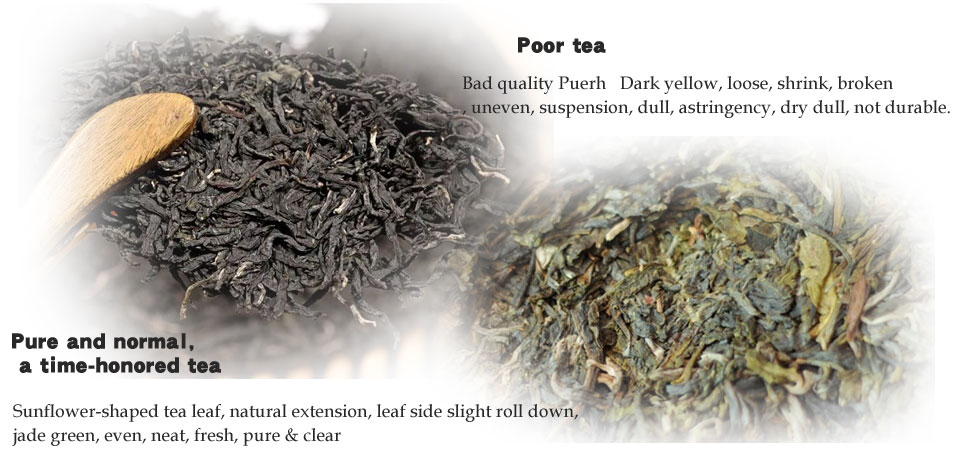Protein is a substance with a certain spatial structure, which is formed by the zigzag folding of polypeptide chains composed of amino acids in the form of dehydration and condensation. However, natural protein molecules are not random loose polypeptide chains. Each natural protein has its own unique spatial structure or three-dimensional structure, which is usually called the conformation of protein, that is, the structure of protein. The sequence of amino acids in protein molecule and the three-dimensional structure formed from it constitute the diversity of protein structure.Through bit by bit efforts, let Antibody Phage Display Service Our market share is getting higher and higher, and the return on investment is also rising steadily. https://www.alphalifetech.com/.jpg)
The molecular structure of protein can be divided into four levels to describe its different aspects:
Primary structure: the linear amino acid sequence that constitutes the polypeptide chain of protein, and the position of disulfide bond.
Secondary structure: In the local area of protein molecule, the polypeptide chain is coiled and folded along a certain direction.
Tertiary structure: The three-dimensional structure of a protein molecule formed by the arrangement of multiple secondary structural elements in three-dimensional space.
Quaternary structure: used to describe protein complex molecules with biological functions formed by the interaction between different polypeptide chains (subunits).
In addition to these structural levels, protein can be transformed in several similar structures to exercise its biological functions. For functional structural changes, these tertiary or quaternary structures are usually described by chemical conformations, and the corresponding structural transformations are called conformational changes.


